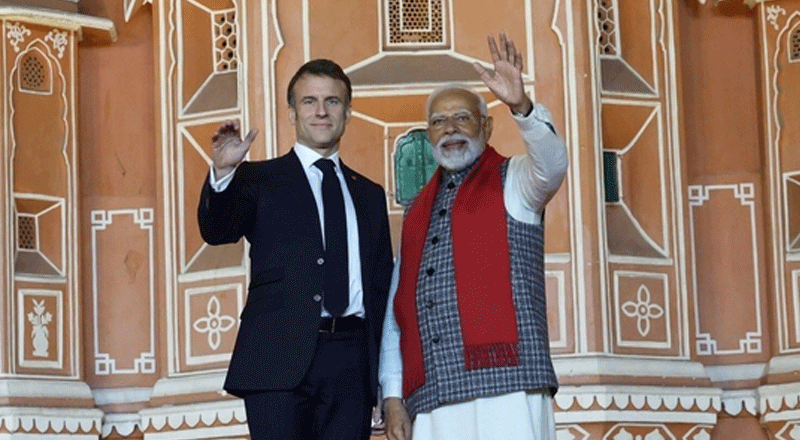Washington – Kazakhstan committed to achieve zero carbon dioxide emissions by 2060 at a UN Summit last year. Funded by the World Bank, RINA has been awarded a contract as part of this process to carry out a series of energy reviews and analyses of different industrial sectors. The work will be carried out across the food & beverage, transport manufacturing, chemical and metallurgy industries and is seen as a crucial step as part of the overall strategy to reduce greenhouse gas (GHG) emissions. As a result of the work, RINA will be proposing complementary input into legislation and value-add initiatives to reduce energy usage and lower emissions.
RINA was selected to carry out the work based on its experience in decarbonization processes and commercial offering. It is working as leader of the consortium with INTEGRATION Umwelt & Energie GmbH in Germany, which has expertise in the metallurgy sector and Energy Partner LLP in Kazakhstan, which will be providing personnel to support interaction and exchange with local stakeholders.
The project will provide a structural approach across heavy industry to propose solutions to meet the target for zero carbon emissions. Decarbonization is one of the main strategic pillars of the RINA business and it brings over 15 years of experience in working to enhance energy efficiency.
RINA and its partners will carry out four tasks as part of the contract using a team of around 20 professionals including project managers, technical specialists, and industrial and international experts. Audits will be carried out using a software application developed by RINA to assess selected businesses within the industrial sectors covered. It will then carry out training of local energy auditors to establish ongoing capability for Kazakhstan to carry out further audits going forward.
Based on the results of each sector analysis, RINA will aggregate additional data gathered on a national level and from other industry auditors to identify investments required for the decarbonization process. The final task will be a presentation of the results of the analysis and sharing of what has been learned at a workshop. The project, which started in May 2021, is scheduled to be completed by the end of the year.
Leonardo Brunori, Energy & Mobility Executive Vice President at RINA, said, “The Kazakhstan government is committed to the reduction of GHG. This analysis, based on real-world data, will provide important strategic input towards meeting its targets. The main way to reduce GHG emissions is to save energy and use more renewables, but this project will also provide Kazakhstan with greater sustainability through better use of local resources and real economic benefit to the industries involved, enabling them to be more competitive both locally and internationally. We need to mitigate the effects of climate change, but it is also useful to recognize the benefits this work will deliver to local industry and local people.”

High resolution image available here.
RINA provides a wide range of services across the Energy, Marine, Certification, Transport & Infrastructure and Industry sectors. With net revenues in 2020 of 495 million Euros, over 4,000 employees and 200 offices in 70 countries worldwide, RINA is a member of key international organizations and an important contributor to the development of new legislative standards. www.rina.org





